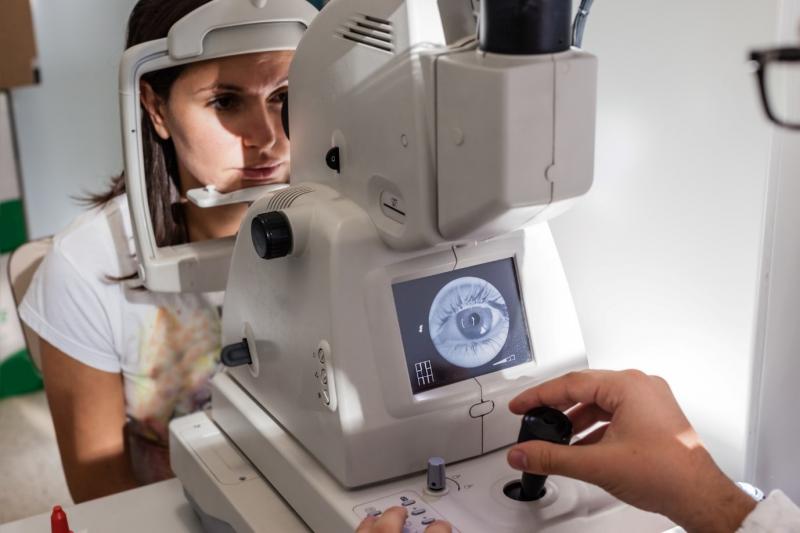5 Rare Eye Diseases That Can Cause Permanent Blindness

Millions of people in the United States suffer from severe vision impairment or blindness. This means that their lack or loss of vision impacts their everyday life, making regular tasks sometimes more difficult than the average person.
While some people are born blind, a lot of times people experience vision loss due to rare eye diseases that cause blindness. If you're curious to learn about these different rare eye diseases, keep on reading!
- Retinitis Pigmentosa
Retinitis pigmentosa is a genetic eye disease that can be inherited. It compromises the retina’s photoreceptors and leads to partial or complete blindness. As RP starts to affect the rods in your eyes that help you see light, patients experience the loss of night vision followed by the loss of peripheral vision.
RP can also cause "tunnel vision", causing patients to have only a small window of central vision.
- Birdshot Chorioretinopathy
Birdshot Chorioretinopathy is among one of the extremely rare eye diseases that cause vision loss and blindness. This disease affects the uvea, which is the part of the eye that supplies blood to the retina.
Some common symptoms to watch out for include:
- Floaters in their field of vision (wavy lines, spots, etc.)
- Blurriness
- Light sensitivity
- Painful eyes
- Loss of depth perception
To learn more about Birdshot Chorioretinopathy (or "birdshot") and how it could affect you, check out https://lyf.fit/.
- Glaucoma
More than 3 million Americans live with glaucoma, but there are far fewer severe cases of glaucoma that could cause blindness.
Glaucoma causes the retinal neurons to die off, negatively impacting the brain's communication to the eyes. Although this disease progresses slowly over time, it can diminish vision to the point of complete blindness.
- Diabetic Retinopathy
If you're diabetic, it's always a good idea to attend yearly eye exams. Diabetic retinopathy is a retinal disease that entails vision loss as a result of retinal swelling, bleeding or detachment.
Early patients with this disease reported seeing "floaters", experiencing difficulty perceiving light and color, and having dark splotches in their field of vision.
Along with annual eye assessments, diabetic people can prevent this rare eye disease by maintaining a healthy blood sugar level and controlling their blood pressure.
- Cataracts
Severe cataracts can prevent light from reaching the retina, which is located at the back of the eye. This disease is identified by the mild to severe clouding of the lens which impairs vision.
In most cases, cataracts are treated by the surgical replacement of the lens. However, if severe cataracts are left untreated, patients could lose their ability to see entirely.
Know These Rare Eye Diseases That Cause Blindness
Partial or complete vision loss is a horribly scary event that can transform a person's entire life. Now that you're aware of these rare eye diseases that cause blindness, you can continue to keep your optic health in check.
Did you find the information in this article helpful? If so, be sure to check out the rest of our blog posts about all things health-related!
Previous Posts: